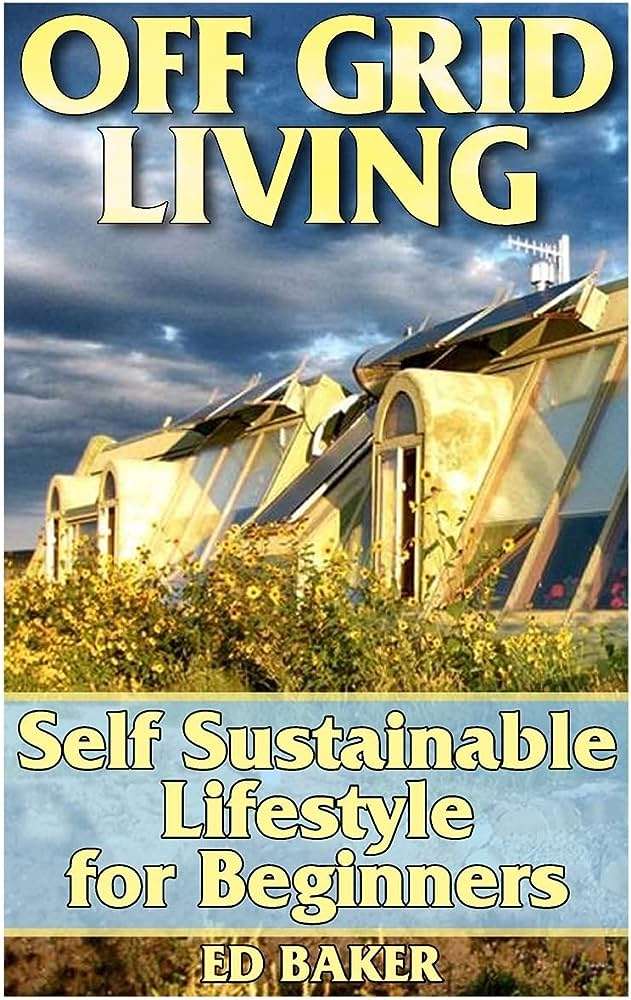Have you ever dreamed of living off-grid, embracing a self-sustainable lifestyle? Look no further than New Brunswick, located in the eastern part of Canada. This province offers a unique opportunity for off-grid living, with its relatively low cost of living and property prices. While the climate may not be ideal for everyone, it can be manageable for those accustomed to colder climates. With incentives for renewable energy and the ability to grow your own food, New Brunswick provides a supportive environment for self-sustainability. It’s a bilingual province, with French and English as its official languages, and has diverse wildlife and plenty of freshwater availability. Despite strict homeschooling laws, the province’s good road access and affordable options for off-grid living make it an appealing choice. So, if you’re drawn to natural landscapes, friendly communities, and potential job opportunities, consider starting your off-grid journey in New Brunswick.
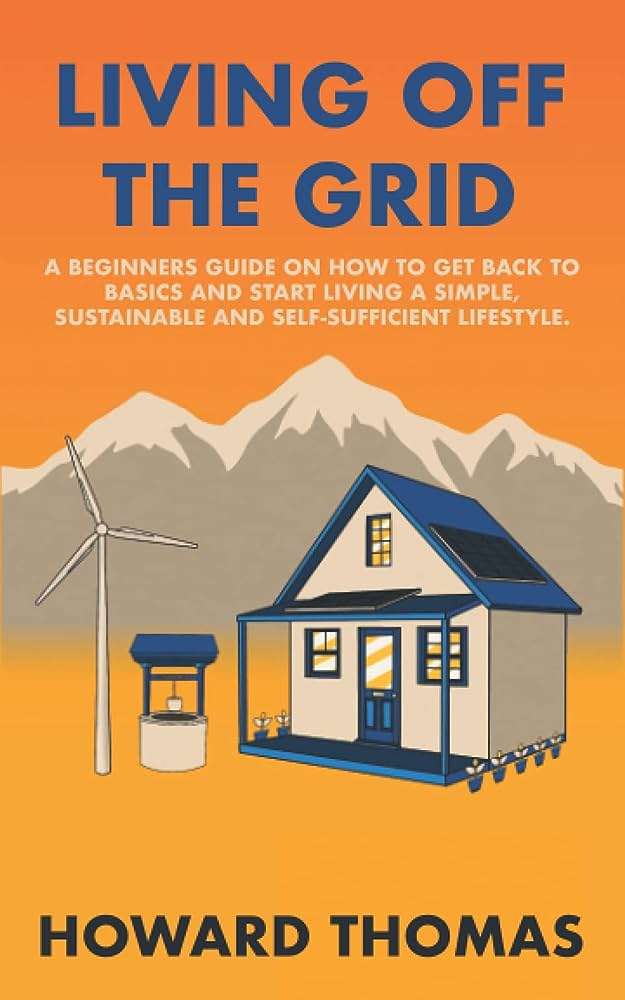
Location and Characteristics of New Brunswick
Geographical location of New Brunswick
New Brunswick is located in the eastern part of Canada, bordered by Quebec to the north, the Atlantic Ocean to the east, and the United States to the west. It has a diverse landscape, with rolling hills, valleys, and the Appalachian Mountains running through the northern part of the province. The province is known for its beautiful coastline, scenic rivers, and abundant forests.
Colonization and languages
New Brunswick was colonized by the French in the 1600s and later became a British colony in the 18th century. As a result of its history, the province has two official languages – French and English – and a bilingual population. This cultural diversity adds to the unique character of New Brunswick.
Cost of living and property prices
One of New Brunswick’s major advantages for off-grid living is its relatively low cost of living and property prices. Compared to other provinces in Canada, the cost of housing, groceries, and everyday essentials tends to be more affordable in New Brunswick. This makes it an attractive option for those seeking a simpler and more self-sustainable lifestyle.
Opportunities for Self-Sustainability
Renewable energy incentives
New Brunswick offers incentives for renewable energy, making it easier for off-grid residents to generate their own power. These incentives may include government grants, tax credits, and rebates for installing solar panels or wind turbines. By harnessing the power of the sun or wind, individuals can reduce their dependence on traditional power sources and become more self-sufficient.
Ability to grow own food
Living off-grid in New Brunswick provides ample opportunities to grow your own food. The province has fertile soil, a moderate climate, and a growing season that allows for a variety of crops to flourish. Whether you choose to cultivate a large vegetable garden or raise livestock, you can take advantage of the province’s agricultural potential and enjoy the benefits of fresh, homegrown food.
Challenging climate
It is important to note that New Brunswick’s climate can be challenging for off-grid living. The province experiences cold winters with heavy snowfall and cool summers with a short growing season. This means that off-grid residents must be well-prepared for harsh weather conditions and have appropriate heating and insulation systems in place. However, with the right knowledge and preparation, living off-grid in New Brunswick’s climate is manageable for those accustomed to colder climates.
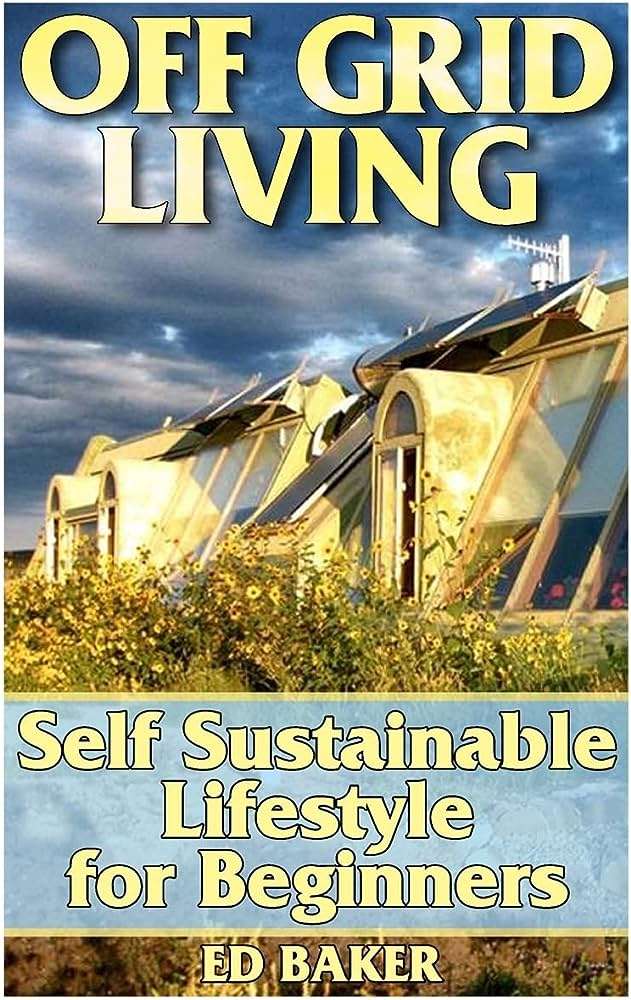
Major Cities and Wildlife
Biggest cities in New Brunswick
New Brunswick has several major cities, each with its own unique character and offerings. The largest cities in the province include Moncton, Saint John, and Fredericton, with the capital city being Fredericton. These cities provide access to essential services and amenities, such as healthcare facilities, educational institutions, and shopping centers.
Diverse wildlife and freshwater availability
Beyond the urban areas, New Brunswick is home to a diverse range of wildlife. The province boasts a vast array of bird species, as well as mammals such as moose, black bears, and white-tailed deer. Additionally, New Brunswick is known for its plentiful freshwater resources, including rivers, lakes, and streams. This abundance of freshwater allows off-grid residents to access clean drinking water and provides ample opportunities for fishing and outdoor activities.
Power Generation Options
Solar power
One of the primary power generation options for off-grid living in New Brunswick is solar power. The province receives a sufficient amount of sunlight throughout the year, making solar energy a viable option for generating electricity. By installing solar panels on your property, you can harness the sun’s energy and power your off-grid lifestyle. New Brunswick’s renewable energy incentives mentioned earlier also make it more financially feasible to invest in solar power.
Wind turbines
Another power generation option in New Brunswick is wind turbines. The province experiences consistent winds, particularly in coastal areas, which makes wind energy a potential source of power. By installing wind turbines on your property, you can tap into this renewable resource and generate electricity. However, it is important to consider local regulations and assess the suitability of your location for installing wind turbines.
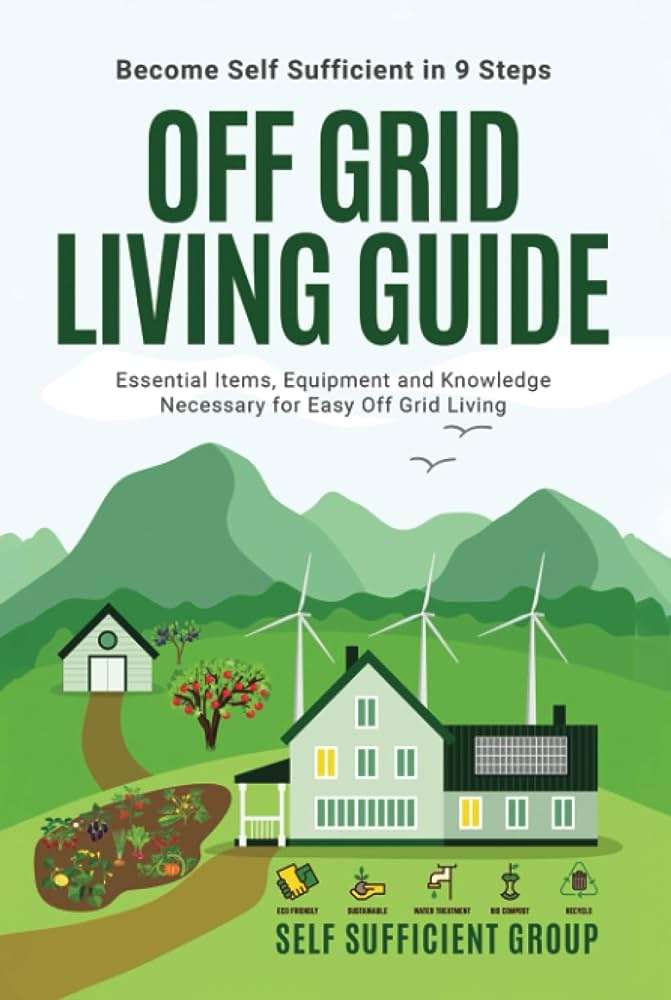
Legal Considerations for Off-Grid Living
Legality of off-grid living
Living off-grid in New Brunswick is legal, and there are no specific laws that prohibit individuals from choosing this lifestyle. However, it is crucial to familiarize yourself with local regulations and building codes to ensure that your off-grid setup complies with the law. This can include obtaining permits for certain structures or adhering to specific safety requirements.
Strict homeschooling laws
For individuals with children who wish to pursue off-grid living in New Brunswick, it is important to be aware of the province’s homeschooling laws. New Brunswick has strict regulations surrounding homeschooling, and parents must meet certain criteria and follow a prescribed curriculum. It is advisable to thoroughly research the homeschooling regulations and ensure compliance with the legal requirements.
Access to Essential Resources
Good road access
New Brunswick benefits from a well-developed road network, providing convenient access to essential resources. This includes access to major cities, hospitals, grocery stores, and other necessary amenities. Off-grid residents can enjoy both the tranquility of rural living and the convenience of having necessary services within a reasonable driving distance.
Land prices near big cities
While off-grid living often involves locating in rural areas, it is worth noting that land prices near big cities in New Brunswick tend to be higher. This is due to the increased demand for properties in these areas. However, with careful research and consideration, it is still possible to find affordable land options that meet your off-grid living aspirations.
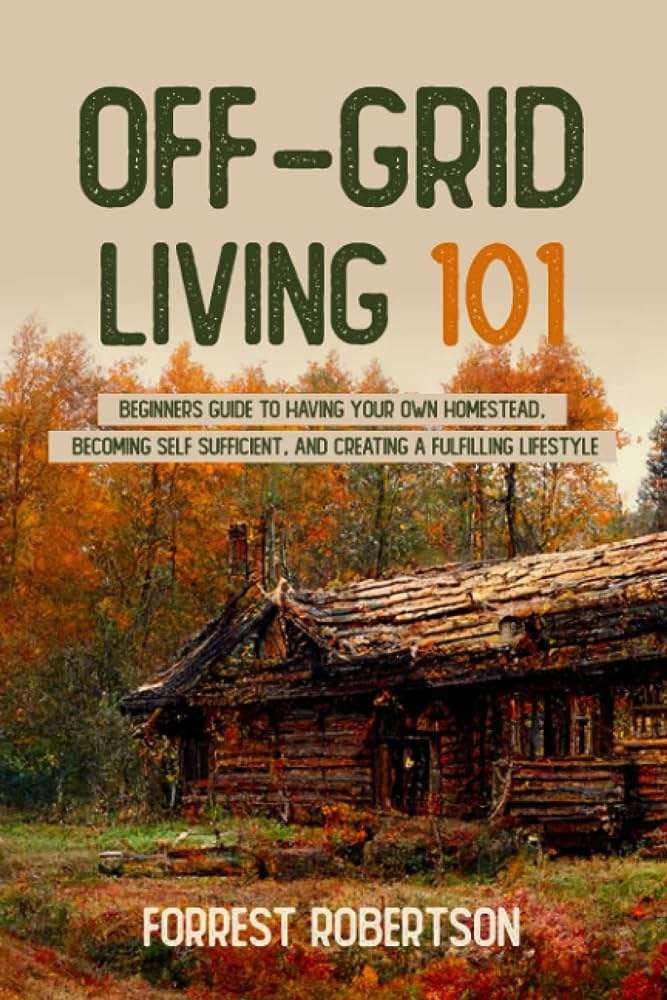
Affordability of Off-Grid Living
Cost of living
New Brunswick’s relatively low cost of living is a significant advantage for those considering off-grid living. Housing, utilities, and everyday expenses are generally more affordable than in other provinces in Canada. Off-grid residents can enjoy reduced expenses by generating their own power, growing their own food, and reducing their reliance on traditional services.
Unemployment rate and job opportunities
It is important to consider the employment opportunities and economic conditions when evaluating the affordability of off-grid living in New Brunswick. While the province offers lower living costs, the unemployment rate in New Brunswick is higher than the national average. However, there are various industries that offer job opportunities, such as agriculture, forestry, tourism, and healthcare. Individuals considering off-grid living should research potential employment options or explore self-employment opportunities.
Natural Disasters in New Brunswick
Earthquakes
New Brunswick experiences occasional earthquakes, although they are generally of low to moderate intensity. While the risk of a significant seismic event is relatively low, it is important to be prepared and have appropriate emergency plans in place. This includes ensuring your off-grid property is structurally sound and adheres to building codes that account for seismic activity.
Wildfires
During dry periods, New Brunswick is susceptible to wildfires, especially in forested areas. Off-grid residents should take necessary precautions, such as maintaining defensible space around their property and having firefighting equipment readily available. It is also crucial to stay informed about fire conditions and follow any evacuation orders issued by authorities.
Storms and floods
New Brunswick experiences storms and flooding events, particularly during the hurricane season. Off-grid residents should be prepared for heavy rainfall, strong winds, and potential flooding. Proper infrastructure, such as sturdy buildings and adequate drainage systems, should be in place to mitigate the risks associated with these weather events.
Hurricanes
New Brunswick’s coastal areas are vulnerable to hurricanes, which can bring destructive winds, storm surges, and heavy rainfall. It is essential for off-grid residents to have a robust emergency plan and be prepared for potential evacuations during hurricane events. Securing property structures, having emergency supplies, and staying informed about weather updates are essential steps to take when living off-grid in hurricane-prone regions.
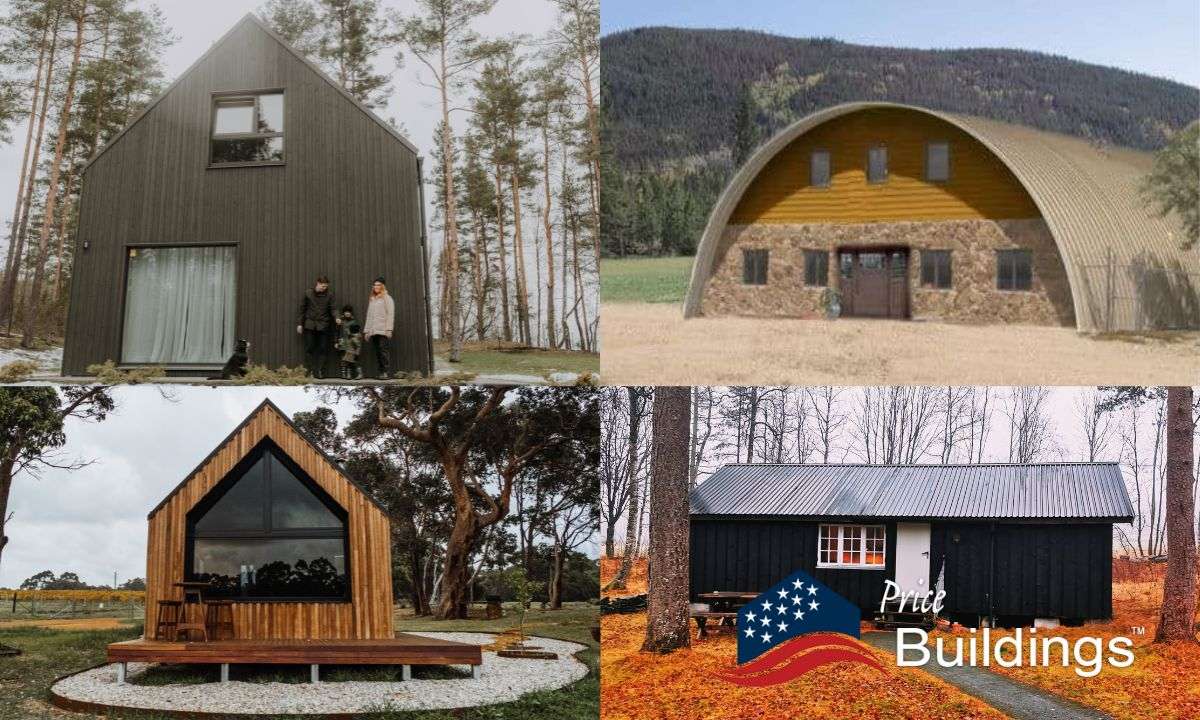
Comparison with Other Provinces
Affordable options for off-grid living
New Brunswick offers affordable options for off-grid living, with lower housing and living costs compared to other provinces in Canada. By choosing to live off-grid in New Brunswick, individuals can enjoy a simpler and more self-sustainable lifestyle without substantial financial burdens.
Rural areas in comparison to Manitoba and Saskatchewan
When comparing off-grid living in New Brunswick to other provinces, it is worth considering rural areas in Manitoba and Saskatchewan. These provinces are also known for their affordability, offering similar opportunities for individuals seeking a more self-reliant lifestyle. Factors such as climate, access to essential resources, and personal preferences should be taken into account when considering which province aligns best with your off-grid living goals.
Considerations for Off-Grid Living in New Brunswick
Local regulations and building codes
Before embarking on an off-grid lifestyle in New Brunswick, it is essential to research and understand local regulations and building codes. Compliance with these regulations ensures the safety and legality of your off-grid setup. This may involve obtaining permits for structures, adhering to zoning requirements, and ensuring compliance with safety standards.
Access to essential resources
Living off-grid requires careful consideration of access to essential resources. This includes ensuring a reliable and sustainable source of water, establishing efficient waste management systems, and securing a continuous power supply. New Brunswick’s natural resources, such as freshwater availability and renewable energy incentives, can be advantageous for off-grid residents. However, it is important to plan and develop systems that meet your specific needs and circumstances.
Living off-grid in New Brunswick offers numerous opportunities for a self-sustaining lifestyle, with its affordable cost of living, renewable energy incentives, and access to essential resources. While the province’s climate may pose challenges, proper preparation and adaptation can make off-grid living a rewarding experience. By understanding the legal considerations, comparing different provinces, and considering local regulations and building codes, individuals can make informed decisions about pursuing an off-grid lifestyle in New Brunswick.

